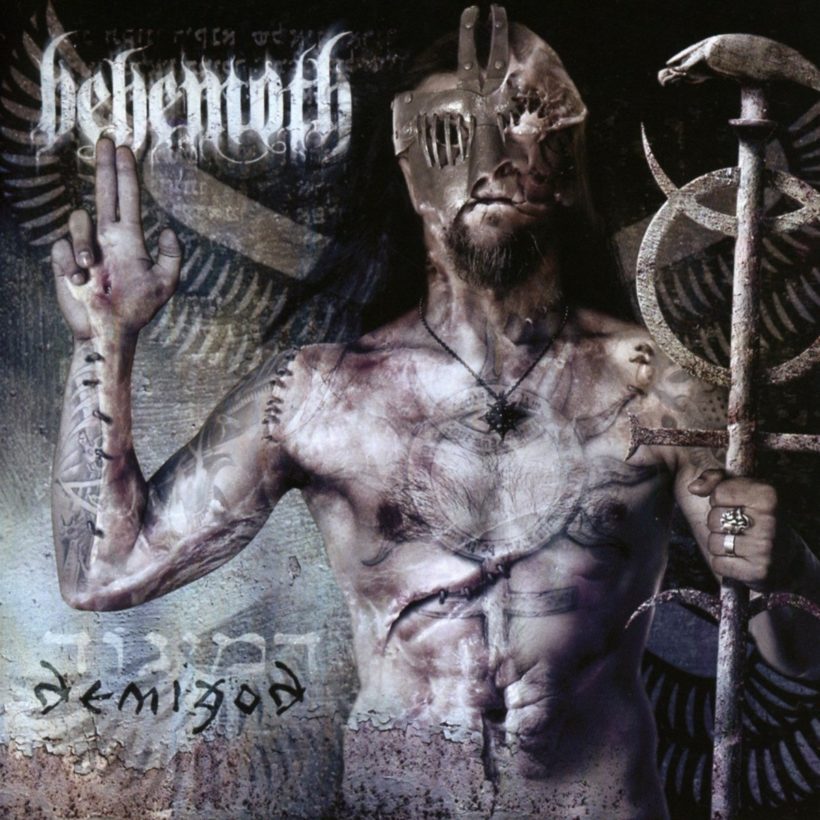
Worship Music
By the time Behemoth were ready to unleash Demigod onto metaldom, the Poles’ extreme metal ascendency appeared preordained. What originated from the Baltic port town of Gdańsk as a spirited, yet unschooled black metal project—known mostly for a vicious cover of Mayhem’s “Deathcrush”—had morphed into a death metal-leaning minor league powerhouse by Satanica (1999). Along the way, Behemoth were chided, derided and labeled fakes for their perceived self-appointed apostasy.
The albums from 1995’s Sventevith (Storming Near the Baltic) to 1998’s Pandemonic Incantations exhibited a band—with Adam “Nergal” Darski as the spearhead—breaking the chains of black metal convention at whatever cost. Indeed, when Zos Kia Cultus (Here and Beyond) landed in 2002, it had more in common with Morbid Angel than Mayhem. Rave reviews followed and a band with defiance and vision emerged, even though the specter of black metal’s tried and true still haunted the Poles.
The Law of Thelema had established profound meaning inside Behemoth’s ranks. It wasn’t in the cards to sacrifice what they believed in and what they were working towards to satisfy a few monochromatic crickets. The arrival of Demigod in 2004 was expected, but the savagery, intelligence and quality within surprised. Behemoth again took the hard-won, yet evil-imbued fruits of their labor back to Hendrix Studios in Lublin, where the trio—Nergal, drummer Zbigniew “Inferno” Promiński and newcomer Tomasz “Orion” Wróblewski, plus session guitarist Patryk “Seth” Sztyber—spent the better part of two months recording “Conquer All,” “Slaves Shall Serve,” “The Nephilim Rising” and “XUL.” Captured in the overnights to save money, Demigod became the unbridled fiend of Gdańsk only after it was mixed by Daniel Bergstrand and mastered by Thomas Eberger in Sweden. Administratively, the band had moved on from Italy’s Avantgarde Music to Sweden’s Regain Records, with the licensing deal in the States through Chicago-based Olympic Recordings (by then a sub-label of Century Media), intact.
Demigod was a gateway to another level. Certainly, Behemoth came out the other side scathed, battered and broken, yet stronger than ever. Friedrich Nietzsche pontificated the aphorism, “That which does not kill us makes us stronger,” to cliché, but the Poles were (and still are) living examples of it. Through hard work, determination, discipline and a little bit of luck, Behemoth were able to transcend their own limitations with Demigod, an album that catapulted the trio into the rarefied air they call home today. Indeed, this is the story of a groundbreaking album crafted under the spells of personal duress and diehard perseverance. Decibel hereby welcomes Demigod, the first Polish metal album to enter the Hall. Blessed be.
Need more Behemoth? To read the entire six-page story, featuring interviews with all members on Demigod purchase the print issue from our store, or digitally via our app for iPhone/iPad or Android.




